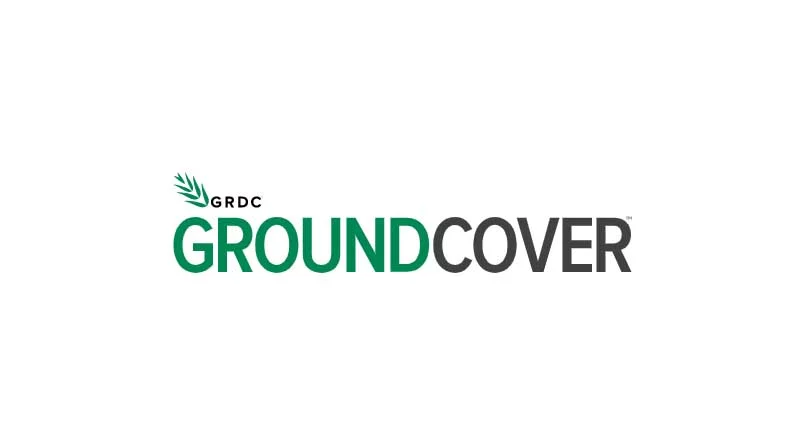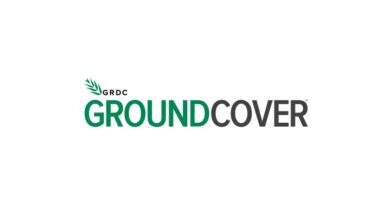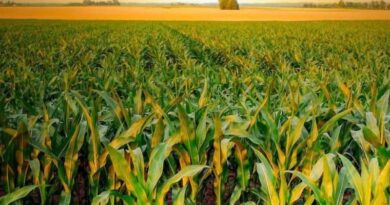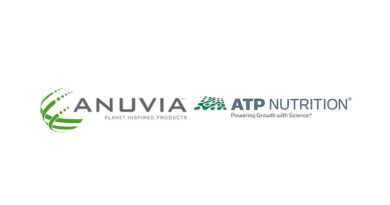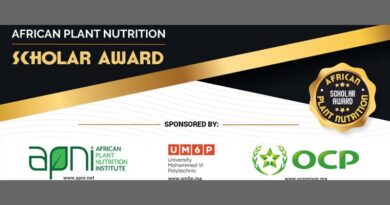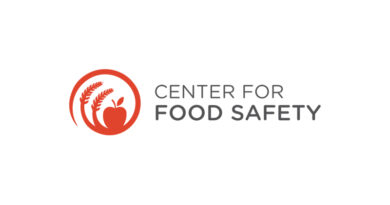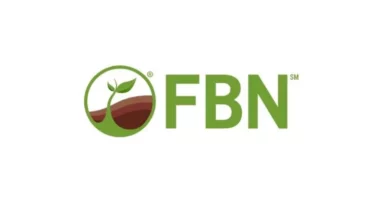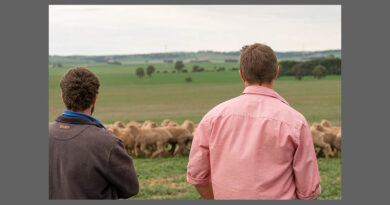New ebook embraces latest science for plant nutrition
20 October 2023, AU: Managing and understanding plant nutrition can often feel like a juggling act of many influencing factors from the environment, economics, the plant and soil.
The new ebook Soil Quality: 10 Plant Nutrition helps untangle this complexity by bringing together decades of evidence-based nutrition research and practical guidance to help growers, consultants, students and the broader community explore the latest knowledge in a free, easy-to-navigate interactive format.
“We cover the full breadth; from the physiological roles of nutrients through to the management of them, including some of the options available to growers to manage constraints,” lead author Dr Craig Scanlan, Senior Research Scientist at the WA Department of Primary Industries and Regional Development (DPIRD) says.
“The ebook is an opportunity to communicate the best evidence-based science on both crop and pasture nutrition to a much wider audience, to get an understanding of the breadth of issues related to soil management.”
“There are few places in the world where plant nutrition has been more important for developing productive crop and pasture systems than in south west Australia and that can be traced entirely to the highly nutrient-depleted soils that are so common here,” co-author Dr Richard Bell, Professor at Murdoch University says.
The ebook’s digital format contains videos, animations, illustrations and first-hand case studies that cater to a range of knowledge levels, enabling readers to explore which aspects of plant nutrition is relevant to them.
Capturing and combining different perspectives from growers, industry and research scientists on soil processes and management is one of the format’s strengths and includes contributions from a swathe of local and international collaborators.
Co-author and Senior Research Scientist at DPIRD Dr David Weaver says the ebook would appeal to farmers and land managers who are seeking more sustainable nutrition plant programs.
“An evidence-based approach, commencing with soil testing, interpretation using the best-available science, nutrient budgets and the application of best management practices can go a long way to reducing the potential negative environmental impacts of farm nutrient use,” Dr Weaver says.
A current GRDC investment involving many of the ebook’s contributors is addressing knowledge gaps and adding to the evidence-base for crop nutrition in WA, with the ebook providing a legacy of information to support better on-farm decision making.
“The ebook encompasses various aspects of emerging nutrient management research, including factors influencing nutrient cycling and balance, the emerging issue of potassium depletion, the impact of soil constraints and changing climate on nutrient availability, and 4R-based fertiliser applications for improved use efficiency and environmental conservation,” Dr Miaomiao Cheng, Postdoctoral Researcher at Murdoch University says.
GRDC sustainable cropping systems manager – west, Rowan Maddern, says that the information from the book was an outcome of significant investment into soils and nutrition research over the past six years by key organisations including CSIRO, DPIRD, Murdoch University, UWA and GRDC.
“Given the impressive breadth of soils research that has been undertaken in WA, this new ebook is an easily accessible way to build further knowledge for growers who are looking to better understand nutrition considerations for their soil profiles,” Dr Maddern says.
“Much of the information on plant nutrition and soil science can be complex, isolated to specific environments or in need of revisiting in response to evolving practices, so the collaboration from leaders in the field from different organisations on show in this ebook hopefully goes some way to addressing these issues,” co-author Ryan Borrett, Science Communications Coordinator at SoilsWest says.
The Soil Quality series includes nine other ebooks so far, covering topics on Constraints to Plant Production (1), Integrated Soil Management (2), Soil Organic Matter (3), Soil Acidity (4), Soil Biology (5), Soil Compaction (6), Soil Water Repellence (7), Sodic and Alkaline Soil (8) and Gravel Soil (9).
“With over 9000 downloads to date, users have described the series as ‘simplifying complex science into bite-size chunks’ – with demand driven from agriculture, environmental science and in education,” Dr Frances Hoyle, Co-Director of SoilsWest says.
Also Read: Innovative Label Design: Revolutionizing Agrochemical Packaging in India
(For Latest Agriculture News & Updates, follow Krishak Jagat on Google News)

